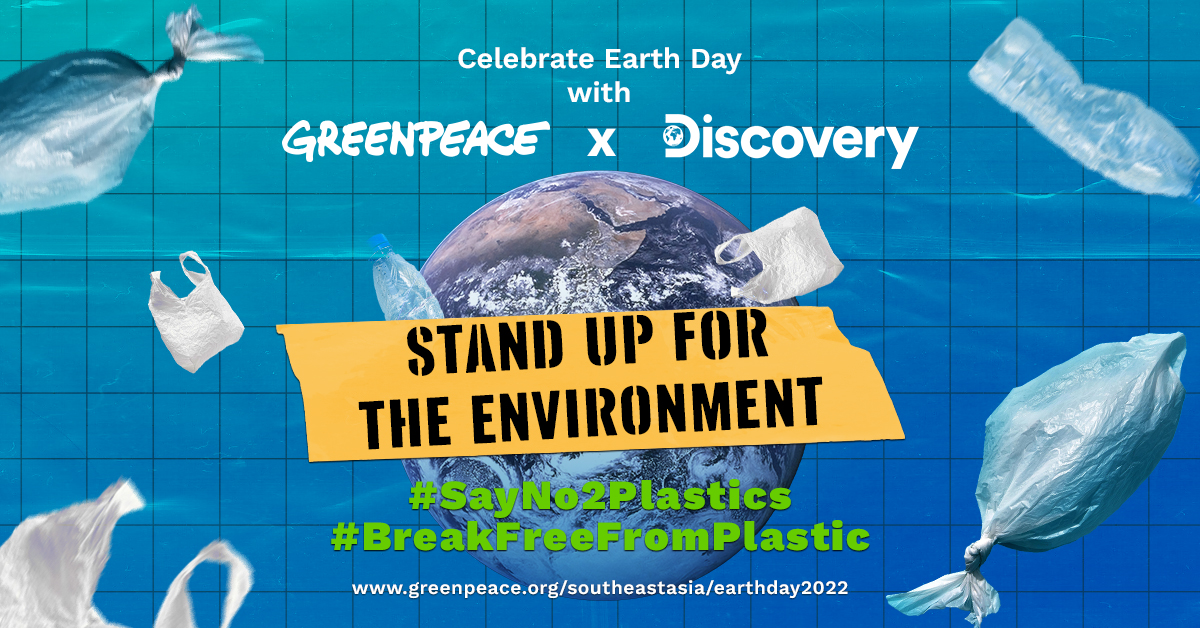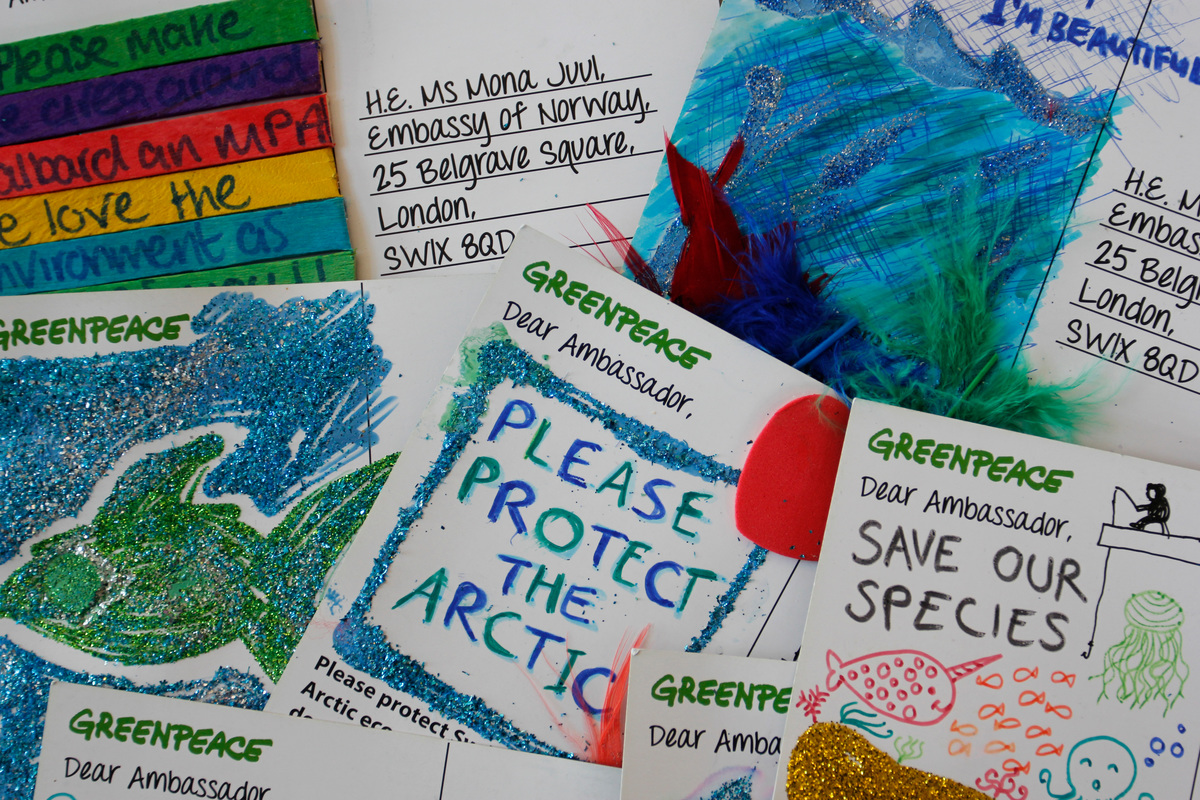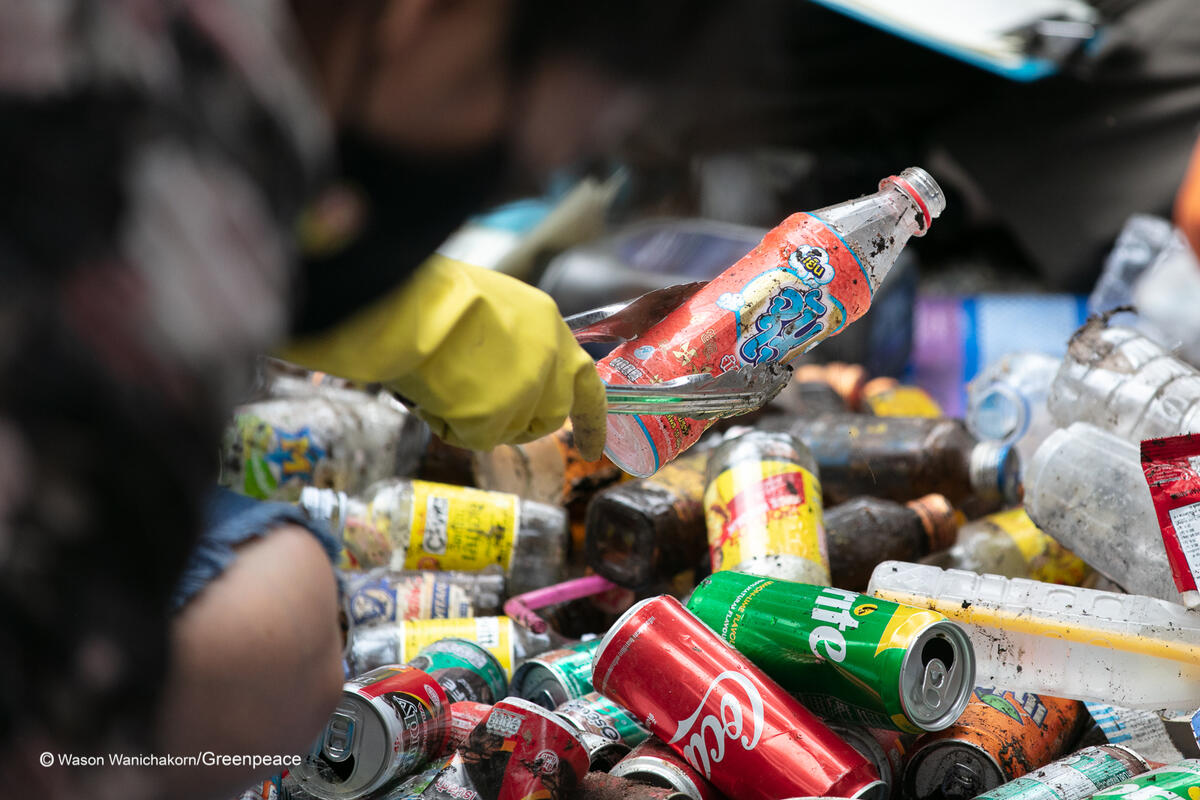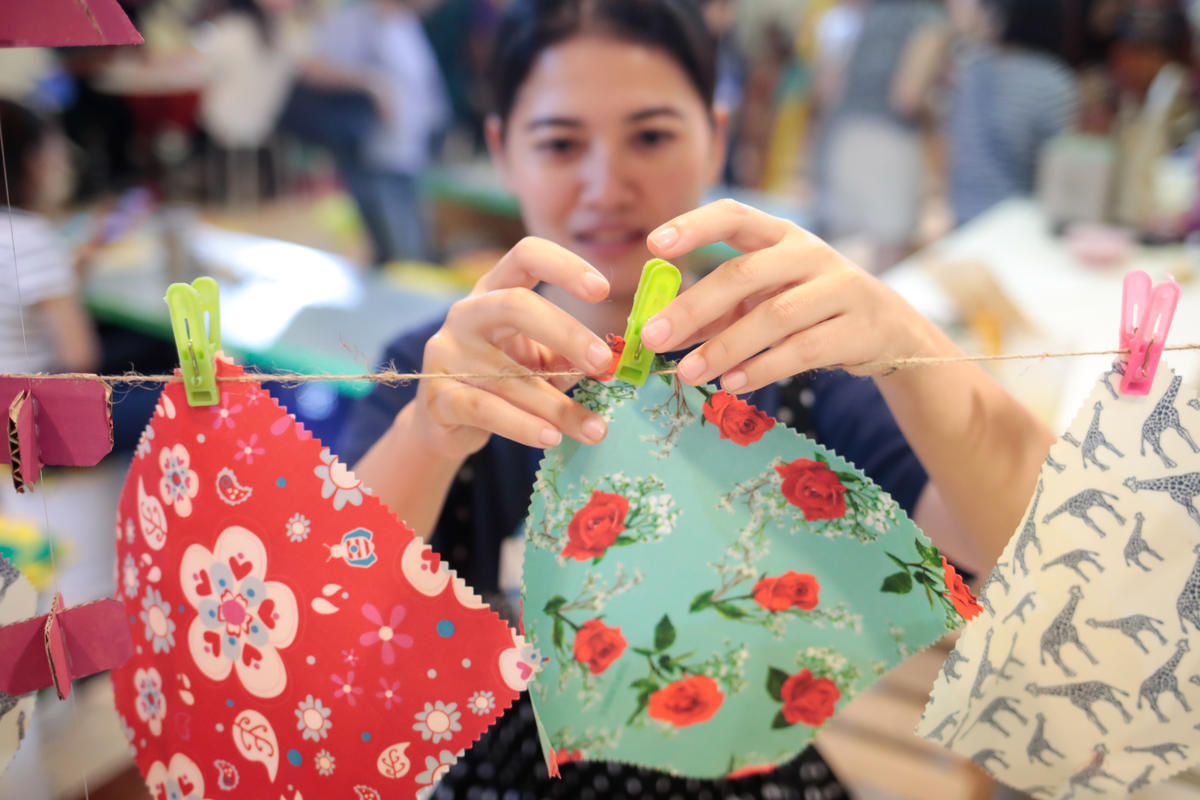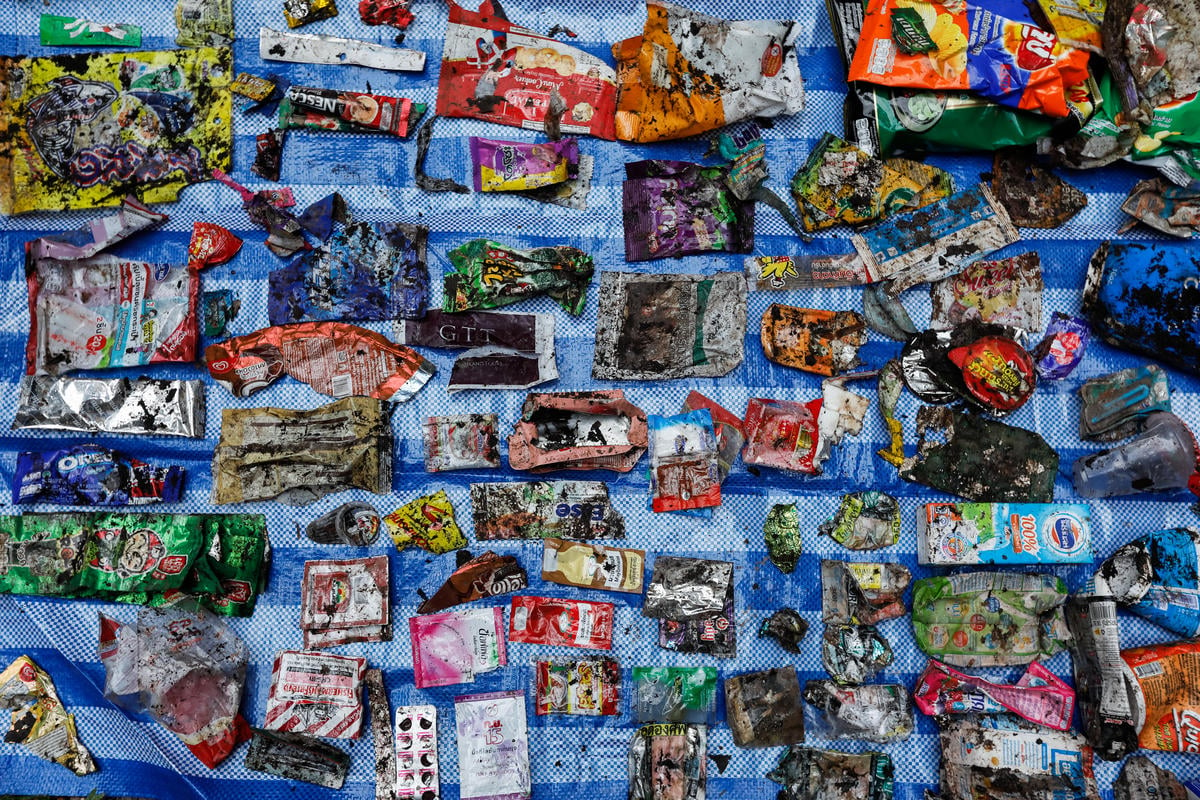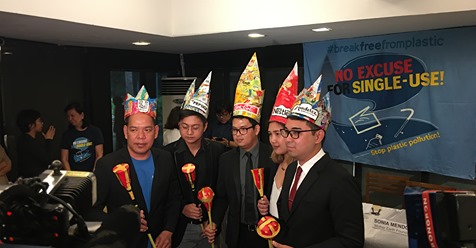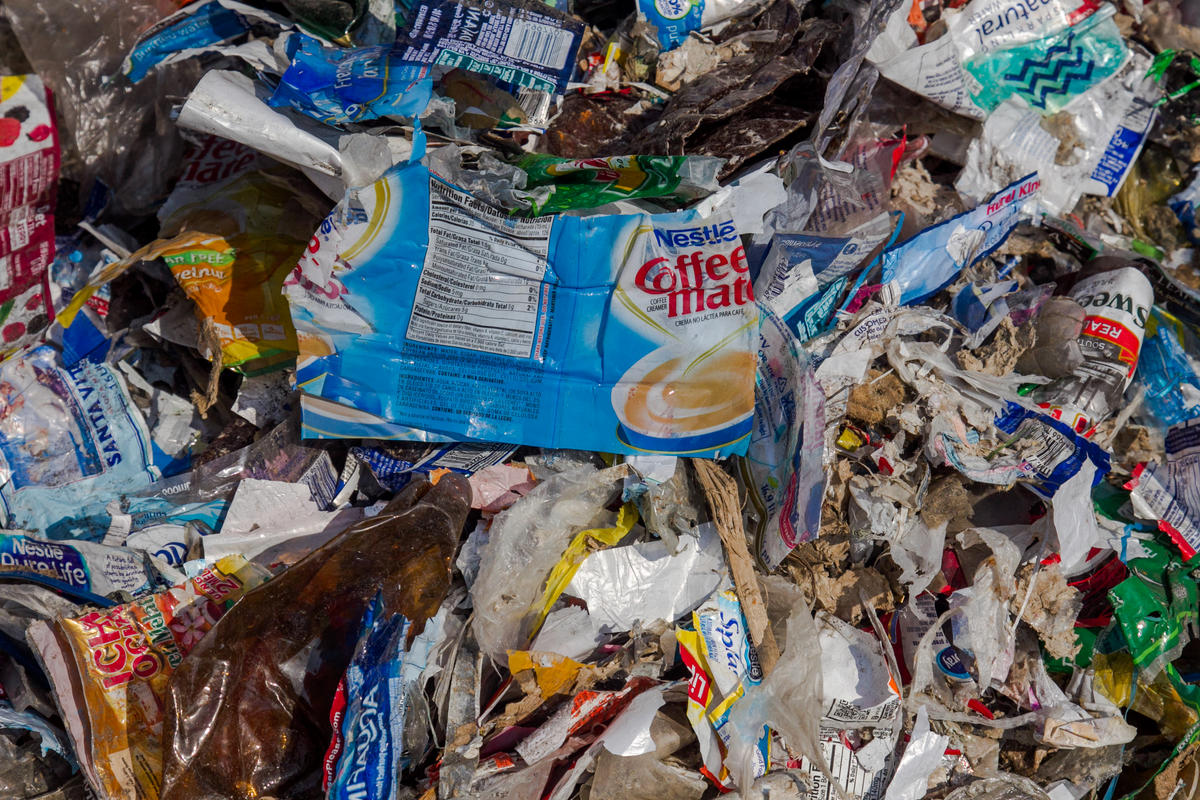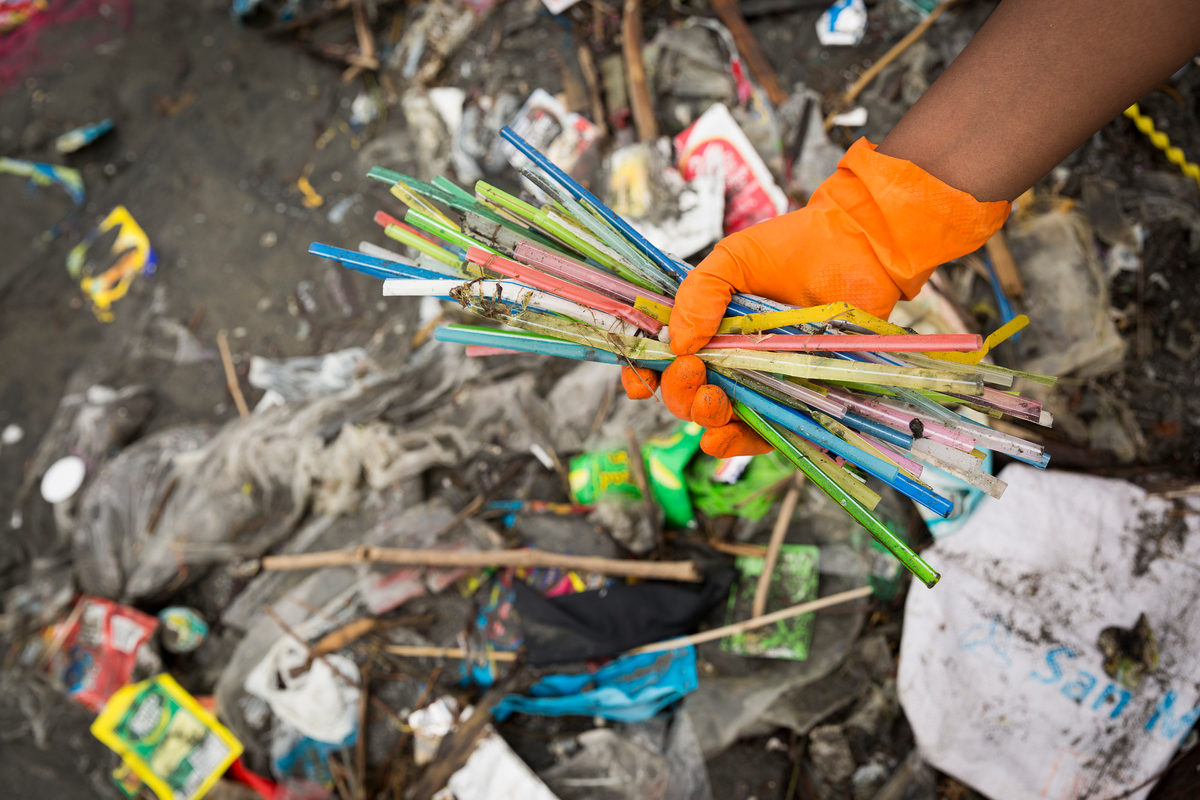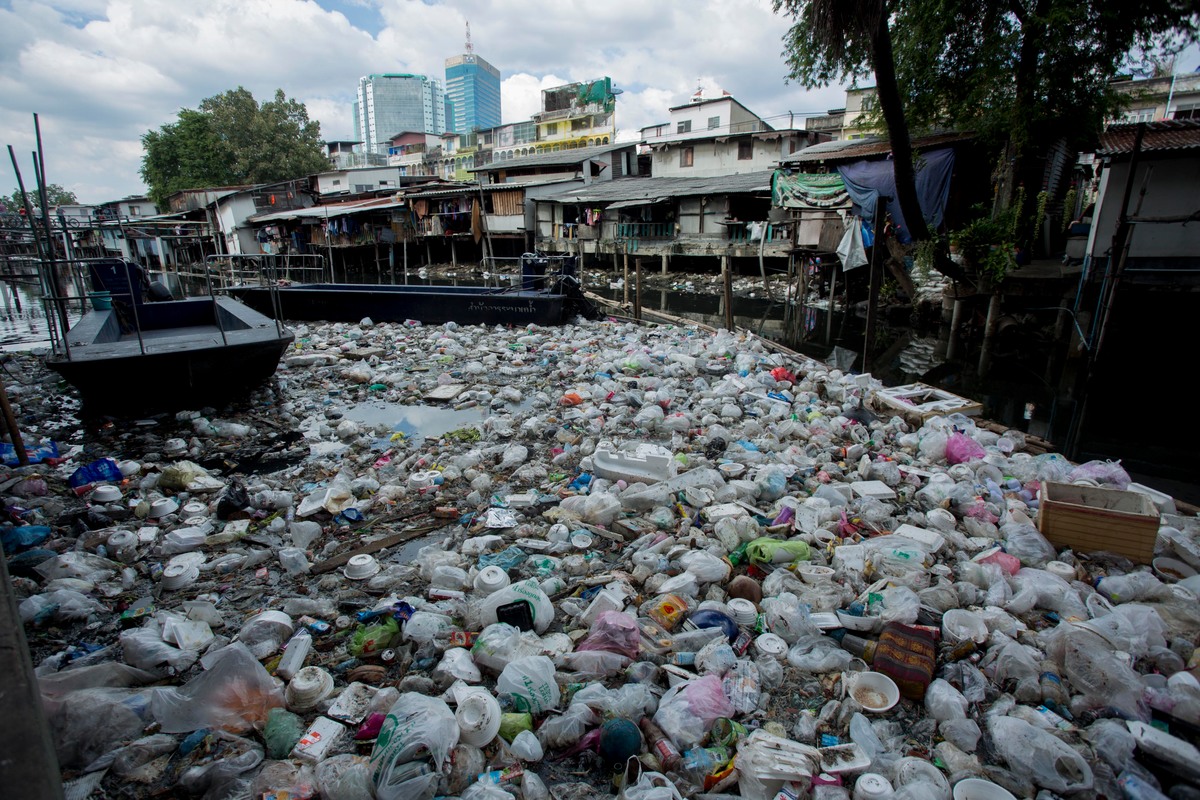-
Tips to save money while helping the environment
Reduce and reuse often go hand-in-hand. There are many affordable options available for all of us to explore.
-
Greenpeace Southeast Asia teams up with Discovery Networks for Earth Day 2022
This Earth Day collaboration hopes to shed light on the plastics crisis and invite the wider public to be part of the solution by choosing sustainable alternatives to single-use plastic.
-
Job Opening: Fundraising Content and Design Senior Coordinator
The Donor Content & Design Producer provides content oversight and support for fundraising material/creatives. She/He will collaborate with the Creative Coordinator on donor visual identity strategy for Greenpeace Southeast Asia across print and digital formats.
-
The Coca-Cola Company and PepsiCo named top plastic polluters for the fourth year in a row
Global beach cleanups were carried out by more than 11,000 volunteers in 45 countries to identify the most common plastic polluters. This year’s Brand Audit found nearly 20,000 Coca-Cola branded products, which represents more pollution than the next two top polluters combined—as has been the case each year since 2019.
-
Health and the Reuse Revolution: Zero waste living in a time of crisis
In recent weeks, the coronavirus pandemic has sparked a wider conversation about how people who want to continue to avoid disposables, support reuse and refill alternatives, and push for zero waste solutions can proceed, while being mindful of health.
-
CP and Coca-Cola among worst offenders for plastic pollution in Thailand based on Greenpeace report
This report provides more evidence of how corporations have greatly contributed to the plastic crisis that we find ourselves in. Their continued reliance on single-use plastic packaging translates to more throwaway plastic into the environment.
-
Coca-Cola, Nestlé and PepsiCo named top plastic polluters for the second year in a row
Quezon City, Philippines — Coca-Cola, Nestlé, and PepsiCo, are most identified in brand audits for the second year in a row,, according to global brand audits detailed in the report “BRANDED Volume…
-
Greenpeace report uncovers how top brands fool consumers with ‘false solutions’ to plastic pollution
The report, titled Throwing Away the Future: How Companies Still Have It Wrong on Plastic Pollution "Solutions,’”[1] shows how multinational companies, such as Nestlé, Unilever, PepsiCo, and Procter & Gamble, continue to harm the environment by using paper and crops-based bioplastics, which cause deforestation and threaten food security. Moreover, chemical recycling offers false hopes and lock in demand…
-
Communities and Greenpeace volunteers clean up beach and conduct plastic brand audit in Songkhla
On International Coastal Cleanup Day, around 60 volunteers from the Songkhla Forum, Beach for Life, and Greenpeace together cleaned up the beach at Laem Son On in Songkhla province.
-
Greenpeace recommendations for Thailand’s plastic management roadmap to mitigate the impacts of plastic pollution on wildlife and iconic species
Thailand's alarming plastic pollution has been linked to the recent deaths of animals and endangered species-- most recently a wild deer and a baby dugong.


